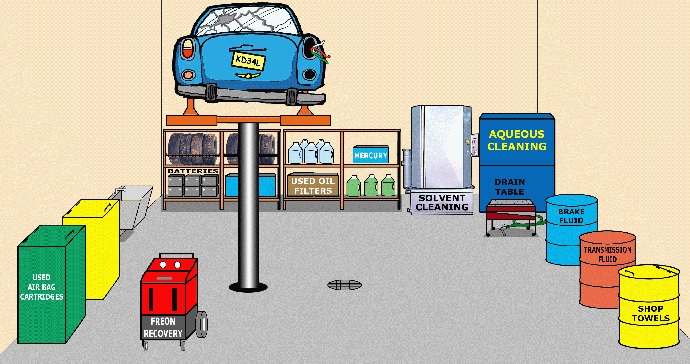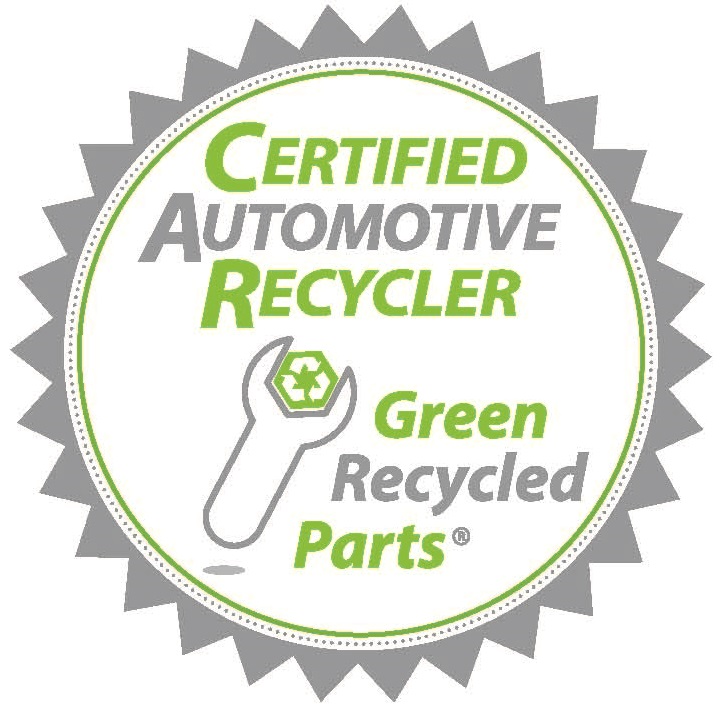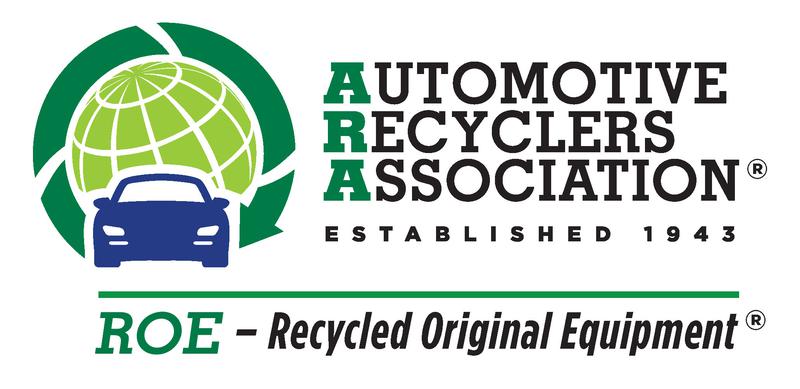Certified Auto Recyclers
Many professional automotive recyclers use a certification program to attain and maintain compliance with environmental, safety and transportation rules applicable to salvage facilities. The Automotive Recyclers Association (ARA) Certified Auto Recyclers (CAR) program sets a standard of excellence as the path to compliance.
Regulatory Agency
The Environmental Protection Agency (EPA) Region 3 (Mid-Atlantic) office administers and enforces federal hazardous waste management requirements (40 CFR Parts 260-279) in the state serving Delaware, District of Columbia, Maryland, Pennsylvania, Virginia, West Virginia and 7 federally recognized tribes. https://www.epa.gov/aboutepa/epa-region-3-mid-atlantic
US EPA Region 3
1650 Arch St, Philadelphia, PA 19103
215-814-5000, or 800-438-2474 in the Region 3 states
Stormwater Regulation
In the District of Columbia three agencies have permitting authority under the National Pollutant Discharge Elimination System (NPDES) for facility operations. These agencies manage stormwater and have the authority to issue permits and fines to facilities. Facilities are required to obtain stormwater permits prior to the start of operations.
Spill Reporting
Call the National Response Center at (800) 424-8802
National Response Center
If the hazardous condition involves the release of an EPA regulated material or an oil as defined by the EPA, the release may also need to be reported to the National Response Center at (800) 424-8802. Federal Reporting is required within 15 minutes of event occurrence or discovery.
The National Response Center (NRC) is a part of the federally established National Response System and staffed 24 hours a day by the U.S. Coast Guard. It is the designated federal point of contact for reporting all oil, chemical, radiological, biological and etiological discharges into the environment, anywhere in the United States and its territories.
Resources
DC Small Business Environmental Assistance Program
DC Department of Energy and Environment
Olivia Achuko – SBEAP Air Quality Division 202-535-2997 olivia.achuko@dc.gov
National Small Business Environmental Assistance Program
The 1990 Clean Air Act Amendments required states to develop programs to help small businesses comply with air quality regulations through a small business environmental assistance providers' programs (SBEAP). Many state technical assistance programs have expanded their air quality focus to provide technical assistance in other environmental areas. Services provided by these organizations for small businesses include multi-media environmental compliance and pollution prevention (P2). P2 services help businesses reduce emissions at the source, often reducing regulatory burden and sometimes saving money.
To access these free, often confidential services and see which ones your state offers, locate your state program at https://nationalsbeap.org/states
Pollution Prevention Resource Exchange (P2Rx™) http://www.p2rx.org/
P2Rx is a national partnership of regional pollution prevention information centers funded in part through grants from EPA. We build networks, deliver P2 information, and measure P2 program results.
Environmental Sustainability Resource Center http://esrconline.org/
Environmental Sustainability Resource Center (ESRC) provides pollution prevention technical support to the states in EPA Regions 3 and 4. ESRC is a member of the P2Rx network of regional centers.
Kentucky Pollution Prevention Center
University of Louisville
Louisville, Kentucky 40292
Phone: 502-852-0965
E-Mail: info@esrconline.org
The following fact sheets are designed to assist automotive recyclers with operating their businesses and managing their wastes in compliance with the environmental laws in their state. Select from the list below.






